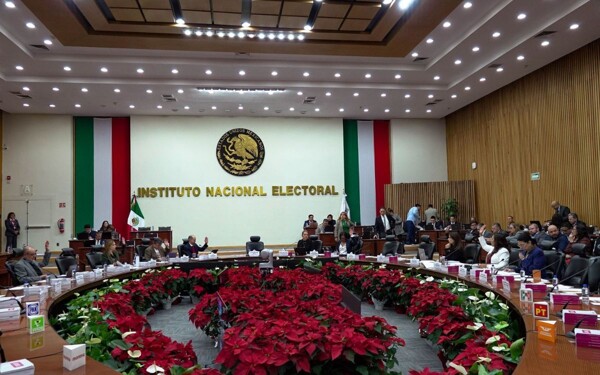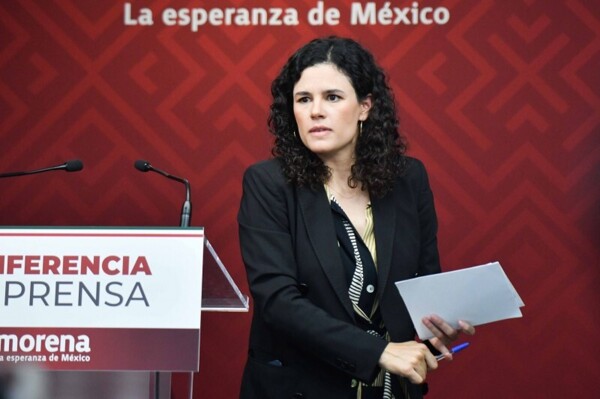The book "The Judicial Storm (Scope and Implications of Judicial Reform in Mexico)" coordinated by Saúl López Noriega and Javier Martín Reyes offers a detailed and rigorous analysis of judicial reform in Mexico. Through a compilation of studies written by experts in the field, the book exposes the main errors of the constitutional changes undertaken, pointing out the possible consequences of misguided institutional transformations in contemporary Mexico.
Amid a tumultuous political context, the reflections presented in the work highlight the shortcomings and risks associated with judicial reform in the country. The coordinators clearly explain the motivations that led to the creation of the book and warn about the importance of the addressed topic. From the authors' perspective, a scenario is contemplated where the State becomes more authoritarian, autocratic, militarized, and punitive, reflecting a troubling drift toward less democratic governance models.
The chapters of the book meticulously detail the key aspects of judicial reform, highlighting the chaotic selection of candidates, the possible capture of the judicial system by public and private interests, the de-professionalization of the judiciary, among other critical points. There are warnings about the crisis in the system of judicial precedents, the creation of entities with draconian powers, and the risk of a judicial system subject to interests alien to justice.
The analysis conducted in "The Judicial Storm" envisions a scenario where judicial independence is threatened, putting at risk the constitutional control of laws and, consequently, citizens' rights. The warning contained in the book points to a horizon where constitutional democracy in Mexico is compromised, hinting at the possibility of an autocratic regime instead of a truly democratic one.
In a call for reflection and prudence, it invites a careful reading of this work that poses challenges and concerning scenarios for the future of the Mexican judicial system. The contribution of "The Judicial Storm" lies in its ability to anticipate and document the problems that could arise from misguided political decisions, highlighting the urgent need for civilized dialogue and a deep understanding of the implications of institutional reforms in the country.














